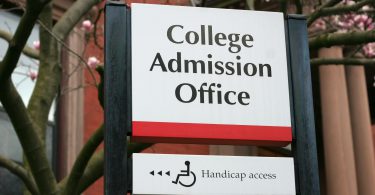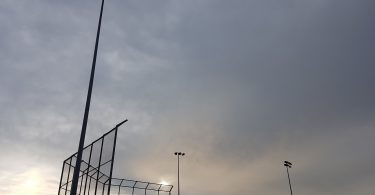Want to get this content in podcast format? Click play below!
One of the things that can make the college baseball recruiting process so difficult to understand is that every college program out there is doing something and looking for something a little bit different than the next. Sure, there are important trends and certain absolutes that every program will use, but each program will do things just a little differently. Take the following question from our College Coaches Survey as an example. We asked college coaches:
How often do you find players who end up in your program using the following methods?
- They initiate contact
- Searching Online Recruiting Profiles
- Through recruiting services
- Off-campus showcases or camps
- On-campus showcases or camps
- Attending high school games or tournaments
- Attending travel ball games or tournaments
- Recommendations from a network of trusted coaches and scouts
- Social Media
Answer options from the dropdown menu used the following Likert-Scale: Very Frequently, Frequently, Occasionally, Rarely, Very Rarely, and Never.
While for-profit companies want you to believe that you have to go to their event or you have to use their recruiting service to make it to college baseball, it simply is not true. There are many ways to get recruited to play college baseball, most of which cost very little or are free. In fact, answers to the above question confirm what we already suspected—college coaches are using many different ways to find players. With the exception of recruiting services, every single method of finding players is used frequently to find players (And even though we’ve never heard it, some may even lean on recruiting services)!
So what does this information mean for you as a recruit? It means that you should diversify the way you make yourself accessible to college coaches. Rather than putting all your eggs in one basket, make sure coaches can connect with you in the many different places they are finding their next recruiting class. Make sure you are actively engaged with programs of interest and play the percentages. For example, rather than go to showcase after showcase or put together an online recruiting profile and wait to hear from college coaches, a smart and diversified recruiting strategy may be as follows:
- Contact programs of interest directly with a personalized email
- Use social media to generate passive interest, keep coaches updated, share video, generate free exposure, and more.
- Attend the on-campus camps or showcases of the schools that return interest or that you are really interested in (if possible)
- Make sure that programs of interest know your high school and/or travel ball schedule so they can easily schedule when to come watch your games
- Have a free online recruiting profile (because it can’t hurt and some schools search them more than others)
- Save up throughout high school so you can attend an off-campus showcase or event that will have lots of college coaches and attend it when you are in mid-season form and have the skills that college coaches are recruiting (Wait until your upperclassmen years!)
- Use your network to help you start recruiting conversations and get college coaches interested and actively work to expand your network
By now you are probably getting the picture. The point is, college coaches use a lot of different methods to find players. To ensure that you maximize your exposure to as many programs as possible (increasing your options), you must use a number of active and passive recruiting methods and use them at the time when they will have the most impact (likely later in high school when your skills are better than ever). This may sound like a lot of hard work, and it is. We never promise that playing college baseball or getting recruited is easy. Getting recruited on a budget takes planning and improving as a player takes a lot of effort. Our goal at KPB is to provide the information you need to put together a solid plan that will help you play baseball at the next level. We’ll supply the info, you put in the work. It’s time for you to get planning, so get to work and don’t forget to reach out with questions!







